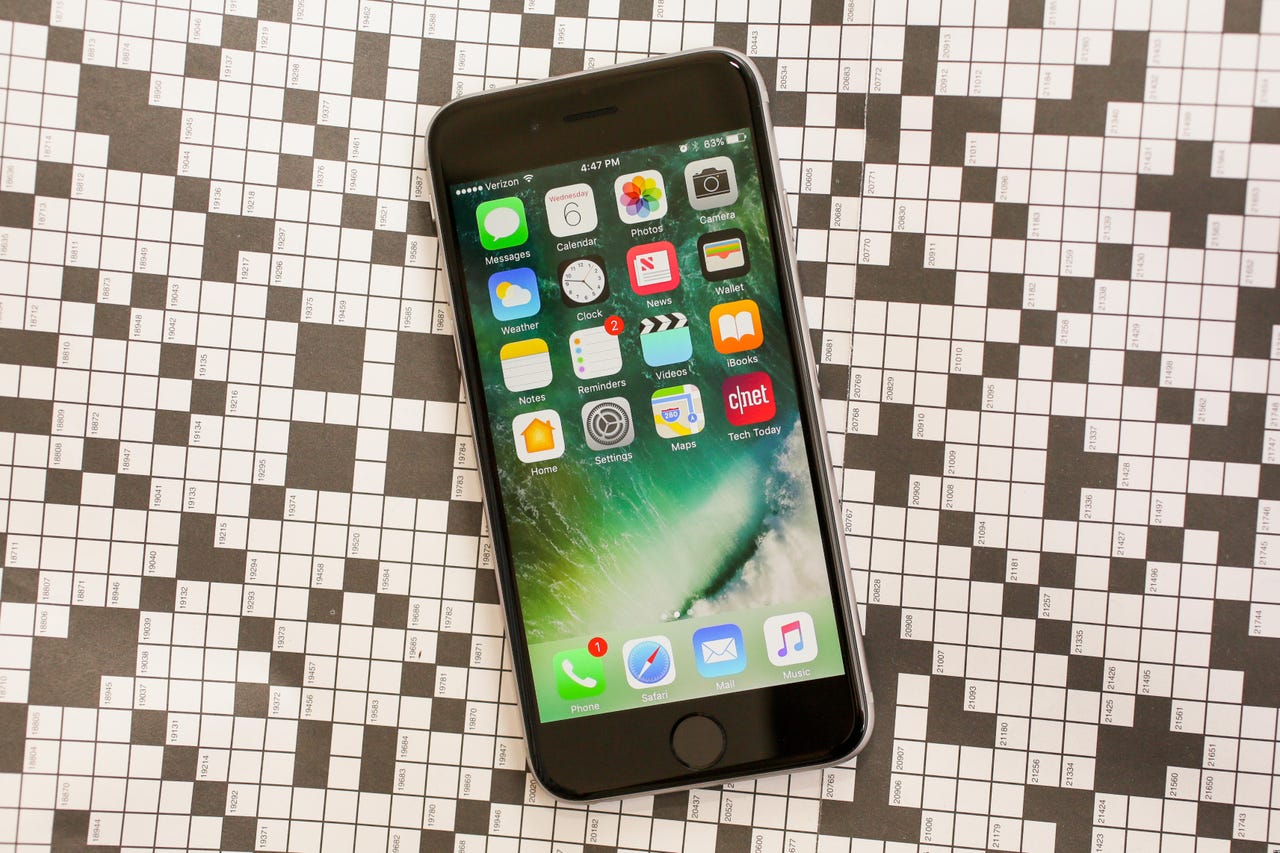Three reasons why you shouldn't immediately upgrade to iOS 10

iOS 10 has finally made it out of the gate for a public preview, but not everyone should download and install it straight away.
The new iPhone and iPad software lands with a number of new features, including a new Home hub for smart devices, improved Siri functionality, facial recognition for a revamped Photos, and a redesigned News and Music apps. Apple also enters the artificial intelligence mix by collecting data to be more helpful, such as picking out calendar events and emojis.
The public preview is open for download. But before you install iOS 10, there are a few points to consider first.
1. There will be bugs, flaws, hiccups, and maybe disasters
Any pre-release software will be riddled with bugs and issues some of which won't be fixed until its final, official debut -- sometimes even later than that. It's a beta -- expect things to break, not to work, and to potentially result in data loss. It's why you shouldn't install the software on a device you need to be reliable.
Private testing helps Apple's software developers fix issues ahead of final launch. The first few days will no doubt see reports of some issues, flaws, or bugs, which are typically addressed in minor iterative updates over the coming weeks and months.
2. Not all of your apps will work -- and some will work poorly
It's not just the software that's buggy, apps won't work to their full potential. Some apps will be perfectly fine, but others will be prone to crashes or other issues. Some apps will be updating in the coming days and weeks, so you may see some incremental improvements over time.
3. Your older iPhone or iPad may not be compatible
iOS 10 works with iPhone 5 and later, iPad mini 2 and iPad Air tablets and later. That's most devices out there, but according to recent data, as many as 40 percent of all iPads won't be able to run the new software.
As was the case with earlier releases, older devices may not run the software as smoothly as newer devices, which have better processors, more memory, and more storage. When the final version of iOS 10 is released, older devices may be able to handle it better.
